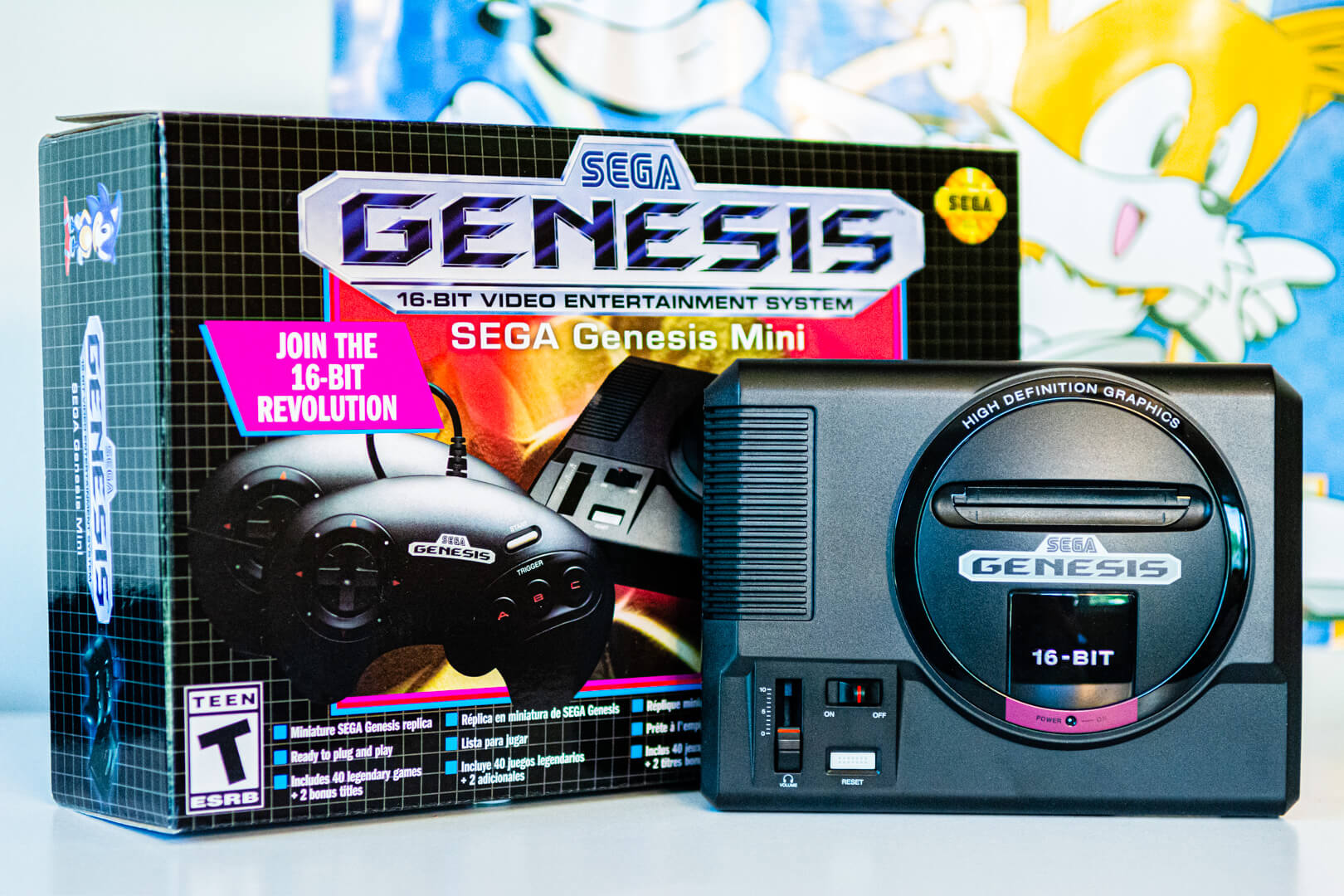Background: Sega hasn't put out a successful home console is nearly three decades. The Sega Genesis did well against the Super Nintendo in the early 90s but add-ons like the Sega CD and the 32X came up short, as did the standalone Sega Saturn and Sega Dreamcast. The Game Gear doesn't really count because it is a handheld and it was grossly outsold by the Nintendo Game Boy.
Sega's next global console release, its first in close to 20 years, could reverse the company's misfortunes. Ironically enough, it's a miniature version of the system that put Sega on the map in 1989, the Sega Genesis (known as the Mega Drive outside of North America).
How odd - 30 years later and the two top contenders in a new category of mini consoles are the Super Nintendo and the Sega Genesis, just as they were back in the day. Or at least that appears to be the trajectory we are currently on. The SNES Classic has already proven itself as the best-selling miniature console in this new category. Others like Sony have tried but failed (looking at you, PlayStation Classic). Capcom, SNK and Konami are readying their own attempts but for now, all eyes are on the Sega Genesis Mini ahead of its September 19 launch.
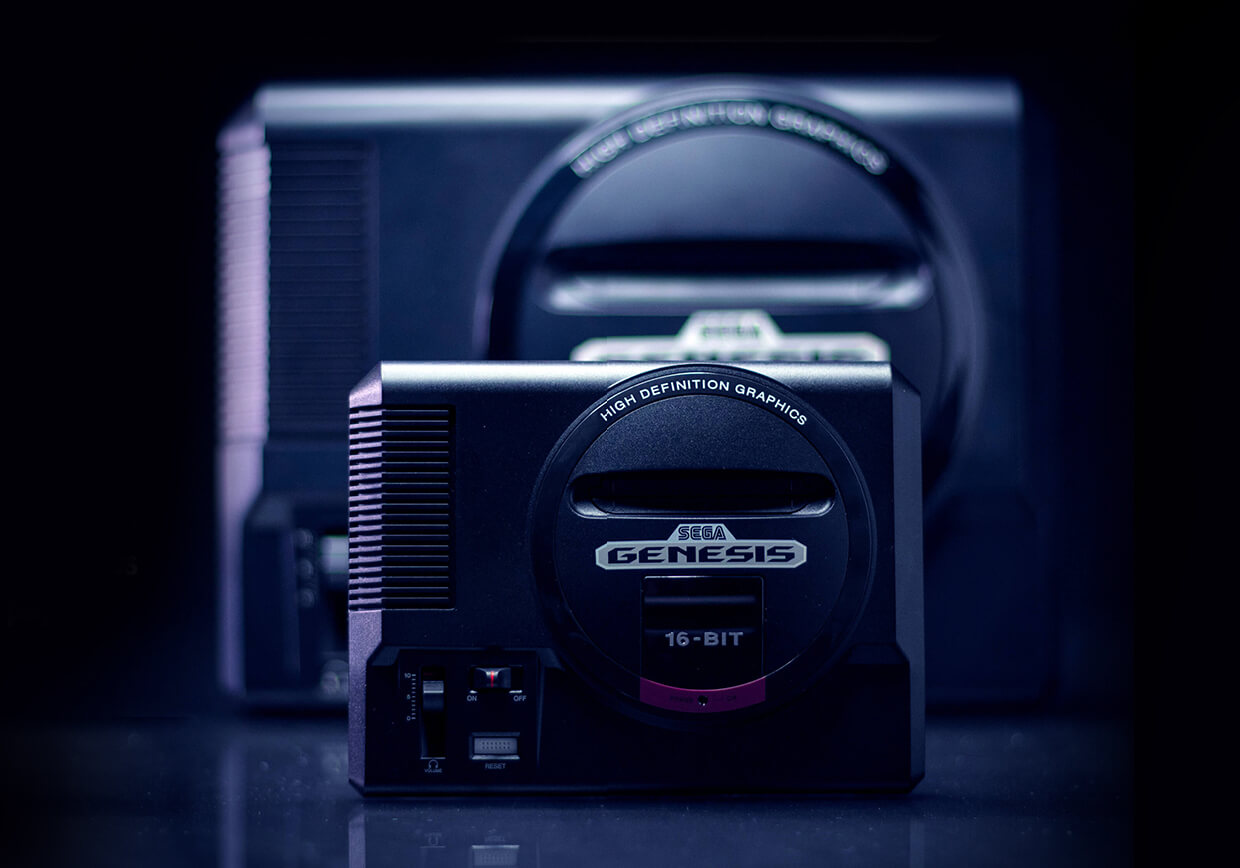
Sega allowed early reviewers to tease the system last month but on Thursday, the review embargo lifted, granting our first serious look at the retro console. Here's what the experts have to say.
Kotaku's Chris Kohler delves into the shrunken down system:
The hardware is a thing of beauty, a perfect little recreation of the 1989 launch model Genesis. The Genesis Mini goes a step further than other classic mini-hardware with interactive elements. The volume control slides up and down, the spring-loaded dust-cover flaps covering the cartridge slot open and close, and you can even remove the cover for the port that would connect the real Genesis to a Sega CD.
- Editor's note: In Japan, Sega is planning to release a Mega Drive Tower Mini - miniature (non-functioning) versions of the Mega CD (Sega CD), the 32X and a cartridge to plug into the top of the tower. Unfortunately, it doesn't appear as though these cosmetic items will make it to the US.
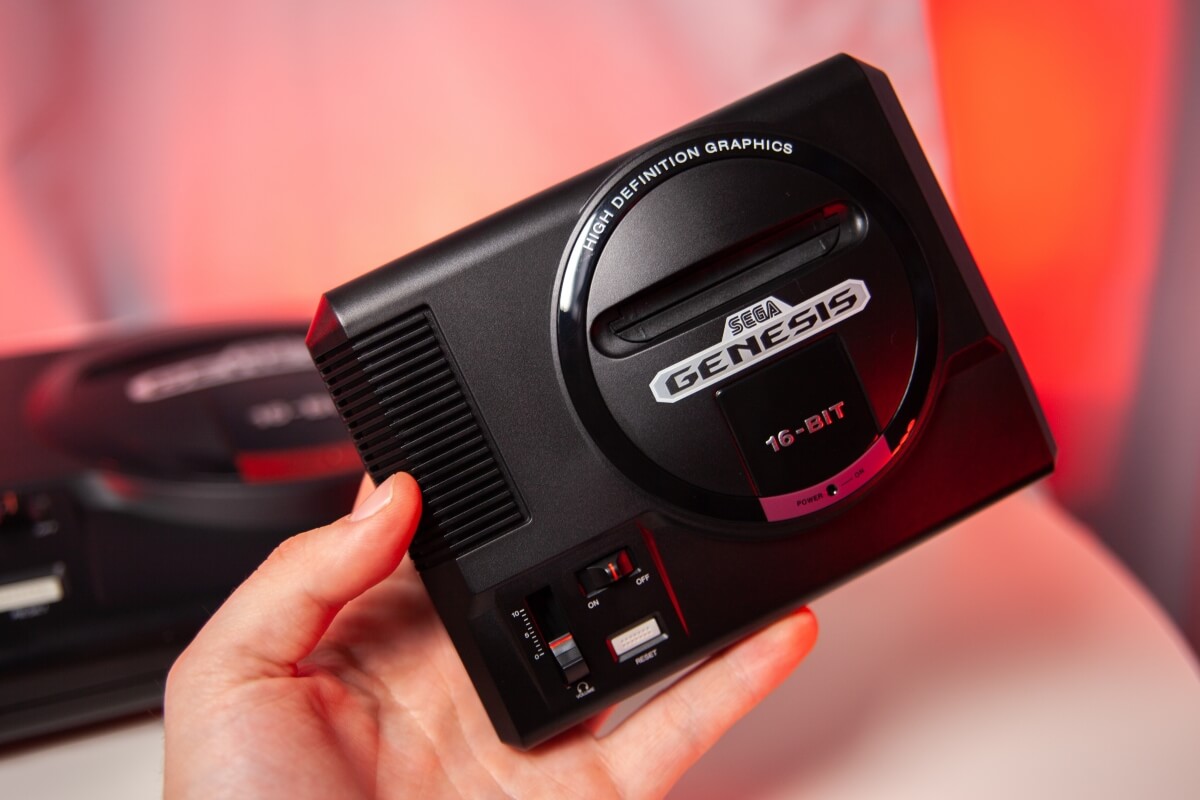
Digital Trends' Steve Petite dishes on the included controllers:
You get a pair of three-button wired controllers with the Mini. Thankfully, these USB pads have six foot cords, so there's probably no need for an extender. The three-button controllers are just about exact replicas of the originals. If I didn't know Sega had just manufactured these, I would've thought they were extremely well-kept originals.
The eight-directional pad is still better than a fair number of modern d-pads, while the A, B, and C buttons are as mushy and distinct as I remembered. I do wish Sega had opted for the updated six-button pad which had a better shape and overall feel, but I understand that wouldn't have lined up with the console design. However, ahem, Retro-bit does have an officially licensed six-button controller for sale.
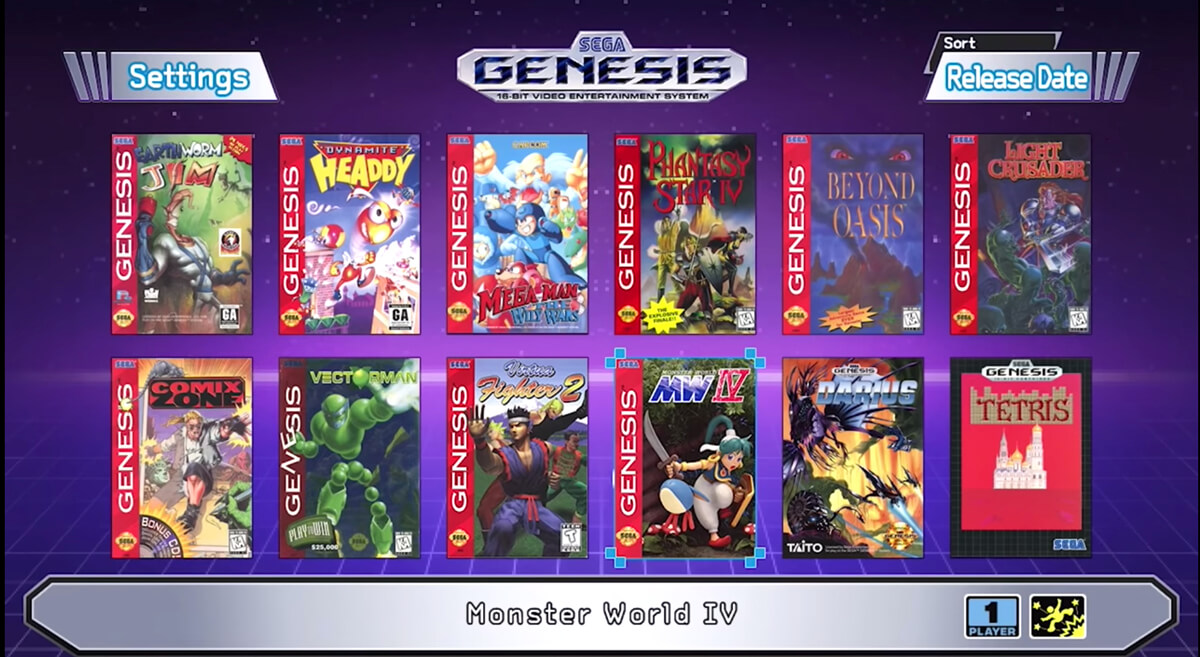
Engadget's Zach Hines touches on the operating system menu:
The operating system menu lacks the visual charm of Nintendo's efforts, but it offers a big and crisp display of each game's original box art and includes brief copy that contextualizes the history of each game, a lovely and informative addition. If you change the system's language, you also change the region of the games on offer. This updates the box art in the main menu, and also swaps in a different ROM specific to the region. Yes, this means you can essentially play "imports," such as the easier, Japanese version of Contra: Hard Corps.
The real charm for the menu is supplied by the jaunty original soundtrack by prolific video game composer, Yuzo Koshiro. The tune is true 16-bit glory, reportedly created for original Genesis hardware. Simply put: it's great.
Andrew Webster with The Verge dives into the console's library of games:
The Sega Genesis Mini features 42 different games, a big jump from Nintendo and Sony's offerings, and they do an amazing job of showcasing the console's eclectic history. There are the obvious inclusions, like the first two Sonic the Hedgehog games and Sega mainstays Columns, Golden Axe, and Ecco the Dolphin. But there are also some great third-party titles, including Castlevania: Bloodlines and Contra: Hard Corps. The Genesis Mini also includes less-heralded --- but no less important --- Sega titles like the Mickey Mouse adventure Castle of Illusion and its sequel, alongside ambitious oddities like the fantasy adventure game Beyond Oasis (which has yet another amazing Yuzo Koshiro soundtrack).
Not every game is good. Eternal Champions is a mostly forgettable fighting game, and some of the later Genesis titles felt more like technical showcases than flagship games, including the visually stunning Vectorman and a technically impressive but not especially fun port of Virtua Fighter 2. There are some great two-player games, like Streets of Rage 2, and lengthy single-player titles you can get lost in, like Phantasy Star IV. There are even two bonus games that didn't actually appear on the Genesis: a dead-simple port of Tetris and Taito's 1986 arcade shooter Darius.
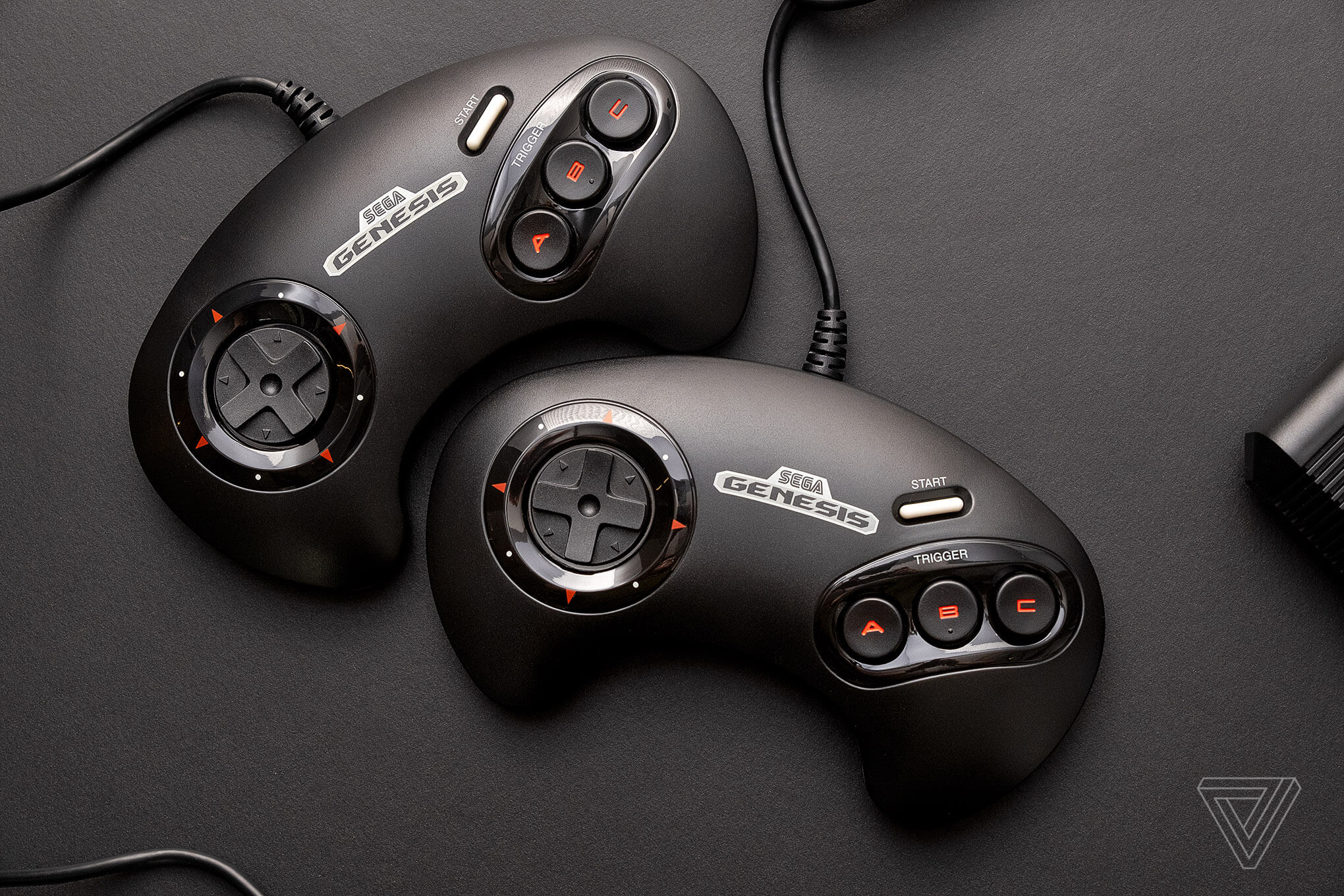
Zion Grassl from Nintendo Life has more on the game selection:
Sega has made sure to include a wide variety of titles to not overindulge on any one genre, and while there are some huge titles missing from the list, (*cough* Ristar, Rocket Knight Adventures, Sonic 3, Sonic & Knuckles, Zombies Ate My Neighbors *cough*) we understand it would be impossible to please everyone. Even though every title on this list might not suit your fancy, we think there is enough to keep most players happy.
GameSpot's Peter Brown talks emulation quality:
Just as important as the selection of games is the quality of the emulation, and the Genesis Mini blows past efforts from AtGames out of the water. By and large, games look and sound amazing, without any of the tinny audio funk that usually plagues aftermarket Genesis consoles. If you want to dig into the finest of details, as the meticulous duo My Life In Gaming has, there are aspects of the Mini that aren't entirely accurate--such as uneven pixel sizing in games that are natively designed for the Genesis' alternative display resolutions--though in practice, this particular issue isn't egregious enough to ruin the gameplay experience.
IGN's Seth Macy sums it up as follows:
The Sega Genesis Mini is the best all-in-one retro console ever made. With a line-up of 42 games (some of which never saw proper Western releases), great UI and software handled by legendary software company M2, catchy menu music composed on original hardware by a Genesis musical legend, and some trademark M2 surprises, this is the high watermark against which all retro mini consoles should be measured going forward. It's not perfect, but it easily rises above all the others.
Pete Keeley with The Hollywood Reporter shares this:
All told, the Genesis Mini, with its less-artificially-suppressed library of games and its controller cords that don't make me want to fly to Japan and handcuff myself to Sega's office doors, is easily the best of the mini consoles released so far. Congratulations, Sega, you just won a console war. Your move, TurboGrafx.
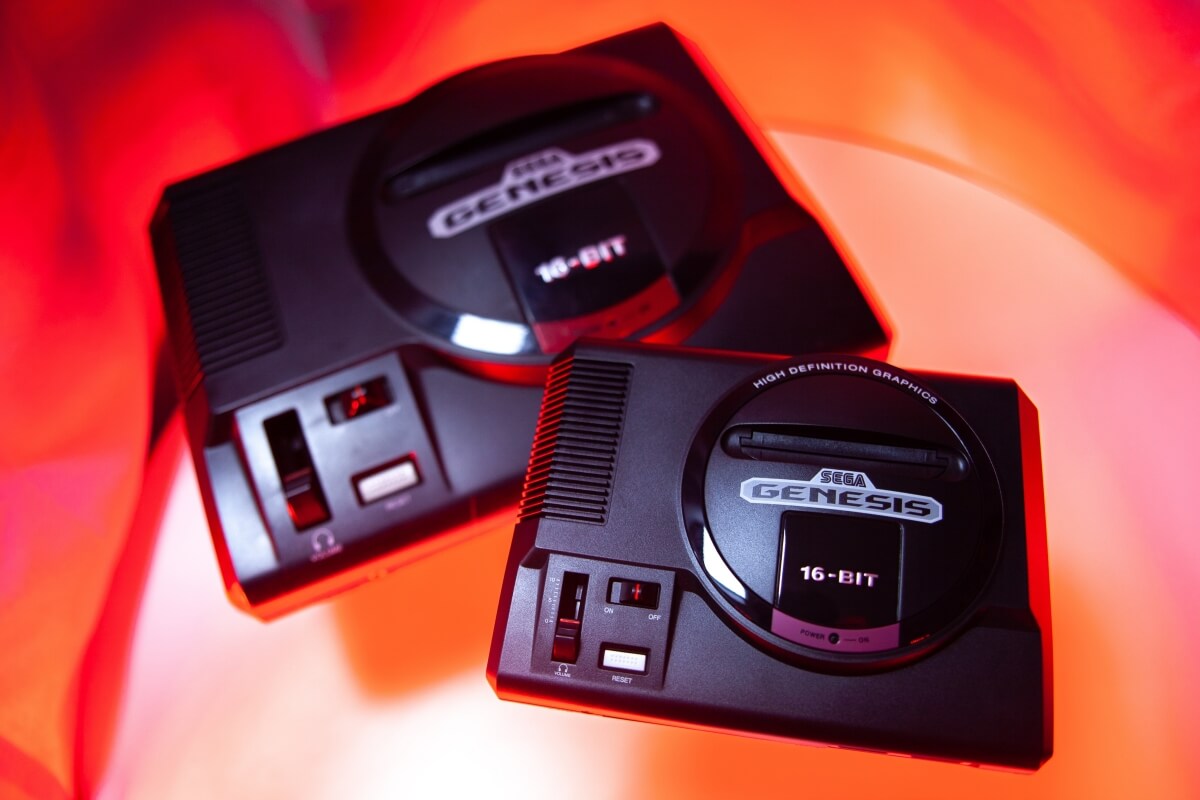
Popular Mechanics' Brittany Vincent with one last take on a conclusion:
If you're a faithful Genesis fan drunk on nostalgia, all in on the microconsole craze, and want a cheap and easy way to enjoy some of the system's greatest hits, there's a lot to love about the Sega Genesis Mini.
For just $79.99, it's an absolute bargain, with a wide range of unique titles to play, a great-looking replica of an influential console, and an attractive box to keep it all in when you're done playing that looks great on your shelf. For other companies looking to follow in Nintendo's footsteps with the NES Classic Edition in mind, pay attention: This is how you bring back a beloved console in style.
Masthead credit: IGN
